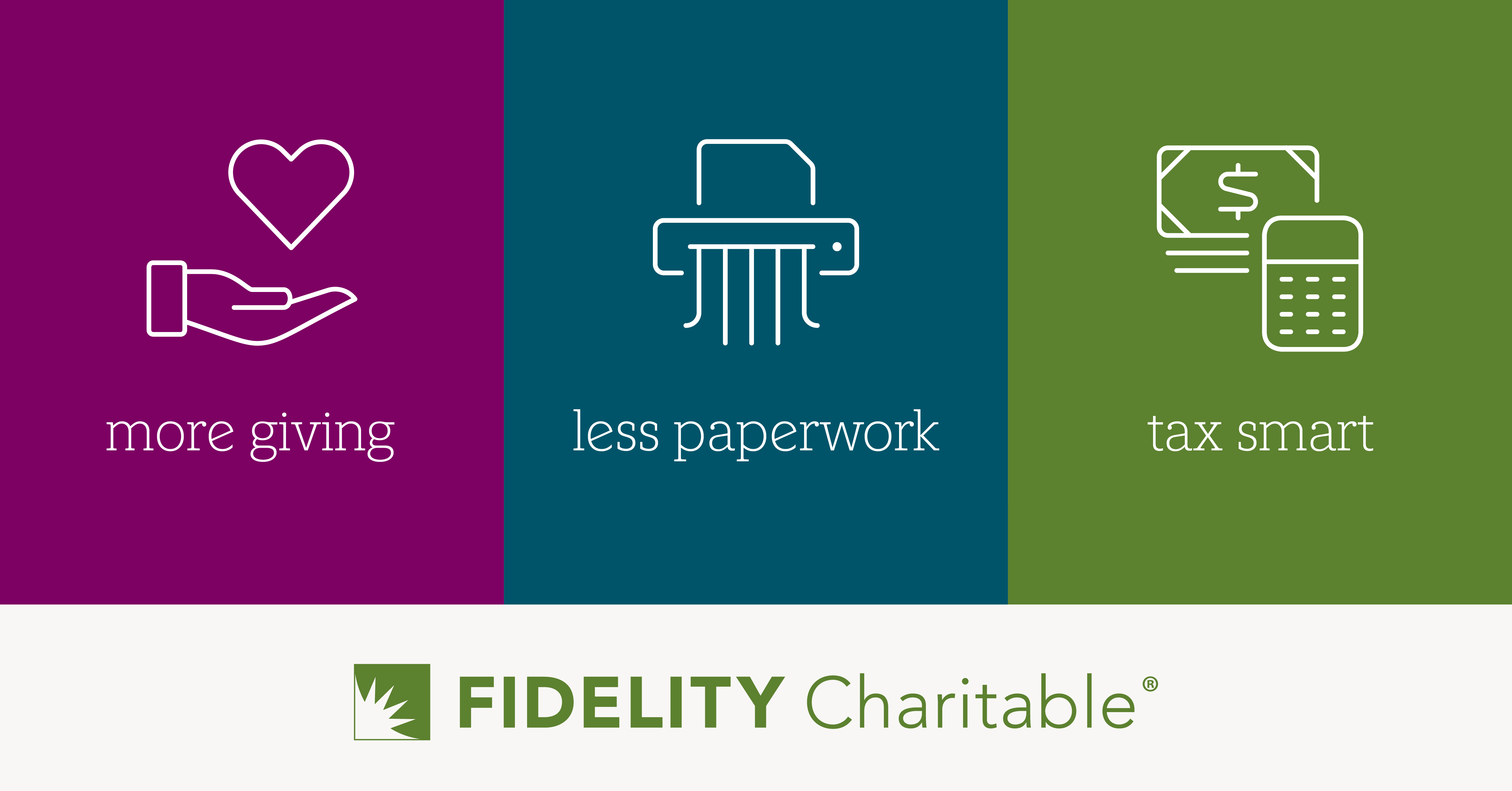As a system, investing has often upheld systemic inequalities in the marketplace. In 2019, only 2.8% of U.S. startup venture capital went to businesses with all women co-founders, which is actually (and sadly) a record high. Even when combined with the amount of capital received by businesses with co-founders of multiple genders, the number only jumps to 9%, according to Crunchbase.
Additionally, according to a 2019 study by RateMyInvestor and DiversityVC, more than 77% of founders who received VC money are white. Among the remaining founders, only 1% are Black, 1.8% are Latino, 2.8% are Middle Eastern, and 17.7% are Asian.
Despite growing calls for a more just economy, it’s clear when looking at these numbers that the system as a whole is set up to predominantly benefit white men. Building an inclusive economy will require intentionality, including intentionally allocating investment dollars.
As part of my research of B Corporations, I spoke with two leaders in this kind of purposeful investing: Susan Baker, a director of shareholder advocacy at Trillium Asset Management, and Shawn Berry, a partner at LIFT Economy, which manages the Force for Good Fund. Both companies are Certified B Corps, meaning they have met third-party verified standards of positive impact on their stakeholders. In our conversations, we discussed how investors can better support increasing diversity and breaking down barriers to entry for more business leaders—and how the changing faces of investors holds promise for changing the equity of power across our economy.
Spearheading ESG Investing to Broadening Stakeholder Considerations
Trillium Asset Management, founded in 1982, was a pioneer in advancing investment options centered around environmental, social, and corporate governance (ESG) considerations. At the time, its intentional ESG focus set it apart from most other investment firms.
“When Joan Bavaria founded Trillium she had just left a traditional wealth management office and really felt that one does not need to sacrifice investment returns when environmental, social, and governance factors are considered,” Baker says. “So that was in large part her motivation for beginning Trillium. She really wanted to prove to the industry that corporations that understood their social purpose and responsibilities to all stakeholders would outperform those that did not over the long run.”
Since then, ESG investing has exploded and seems to be growing increasingly popular and is often outperforming non-ESG investment choices.
As a director of shareholder advocacy, Baker presses for positive change on ESG topics or opportunities that Trillium believes can help improve overall ESG policies, performance, or impact. On the governance side of the ESG considerations, Baker’s advocacy helps companies address many of the barriers to capital mentioned above.
“We focus on creating long term value. For example, companies that are best able to attract, develop and retain employees are likely better performers, so workplace practices -asking companies to expand parental leave, sick time policies and diversity and inclusion programs is an important area of focus,” Baker adds. “We press companies to demonstrate environmental responsibility that takes into account emerging risks to human health and environment, and goes beyond regulatory compliance.”
Baker adds: “Trillium has a long history of making investments that directly benefit Native American and Indigenous People, as well as helping to bring the concerns of Indigenous People to corporate decision-makers. We were one of the first investment firms to explicitly reference Native American and Indigenous Peoples’ rights as an area of focus in its sustainable investment criteria.”
Baker believes that the growing adoption of ESG values is being driven by investors that believe long term value is best created when there is alignment between the values and objectives of all corporate stakeholders. “I think companies are understanding that the investor profile has changed,” Baker says. “As Millennials and women become asset owners, they have different priorities in their investments. That’s driving companies to account for environmental, social, and governance impacts and concerns.”
Funneling Capital to Typically Overlooked Communities
LIFT Economy’s Force For Good Fund specifically targets investments to the communities that are broadly overlooked by the investing community. All of its funds go to enterprises owned by People of Color or womxn. Part of its thesis is that they will score at the top of the Certified B Corp companies based on their founding principles and impact business models. Many of the companies have become Certified B Corps since receiving investment. Berry says these investments are even more crucial because, throughout history, capitalism has done significant harm to these groups.
“I would draw a direct line to what we think of as capitalism and slavery and White supremacy,” Berry says. “They’re really completely synonymous. And the American Republic wouldn’t exist without wholesale genocide of Native populations and enslavement of people to build the entire infrastructure.” This historic exploitation cannot be undone easily and without great intentionality. Berry adds that creating a more inclusive society goes beyond current efforts to create a better economy.
“With all due respect and appreciation — in terms of the populace or the mainstream media — of the new-found attention to Black Lives Matter and racial injustice, we’re a long, long, long way from solving this problem,” Berry says. “So we need comprehensive reparations, and healing and trauma therapy just as a starting point.”
Berry has been pleased, though, to see movement toward more equitable and intentional investing since Force For Good Fund launched. “I don’t claim direct correlation; I think it’s emerging consciousness and humanity as much as anything, but since we launched our fund, there are more funds specifically for Black women and People of Color and underrepresented, underfunded groups,” Berry says. “So there’s a nice trend. But, again, it’s still too marginal at the moment.”
Even within the impact investing community, Berry says he sees a lot of focus put on the profitability of investments. At the outset, LIFT Economy made sure to explain to investors that the Force For Good Fund was not a big money-making endeavor. “We’re about halfway through our eight-year timeline; we started in 2016 and will end in 2024,” Berry says. “And so, we promised a 2.5% return and said, ‘Hey, if you need more than what you could get with parking your money in a bank or a bond or something, this is not your fund. But if you want to actually get an outsized social and environmental impact, this is your fund.’”
He continues: “The organizations that we’re funding were founded to create new, innovative, mutual-benefit, win-win models that are not appealing to a capital-accumulation framework, because that’s not what they’re designed to do.”







